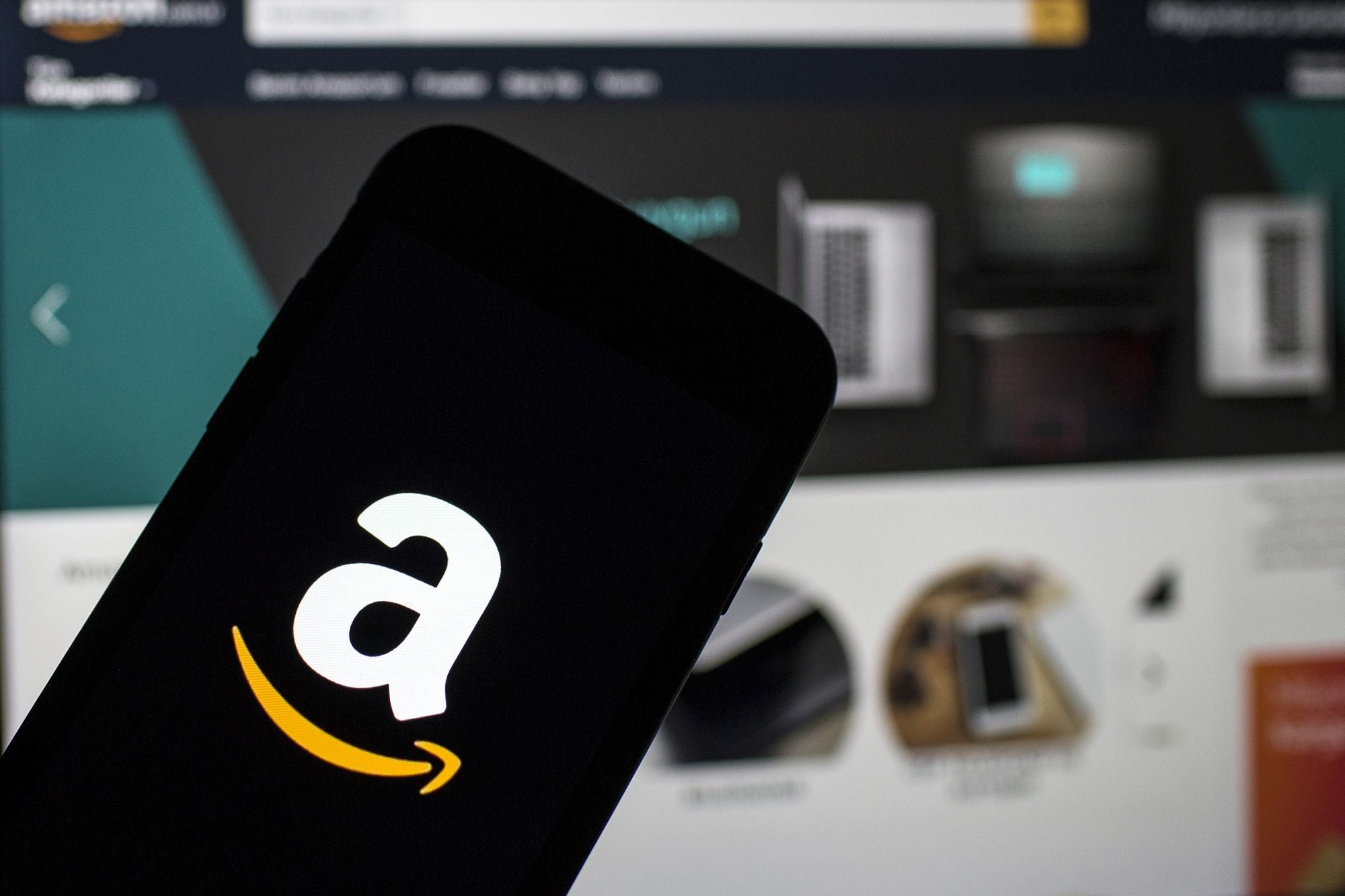5 min read
Opinions expressed by Entrepreneur contributors are their own.
The following excerpt is from Timothy P. Seward’s book Ultimate Guide to Amazon Advertising. Buy it now from Amazon | Barnes & Noble | IndieBound or click here to buy it directly from us and SAVE 60% on this book when you use code MARKET2021 through 4/3/21.
When considering Amazon’s scope, one critical fact is hidden from the average consumer: Amazon only makes about half their sales as a first-party retailer. As of Q3, 2018, 53 percent of all paid units on the site were sold by third-party marketplace sellers.
So Amazon takes half the deck and then splits the other half among roughly 2 million sellers competing in their marketplace. If you want to know how to get a piece of either deck, you should understand how the infrastructure for selling on or to Amazon caters primarily to brand owners.
Stacking your deck
The first step toward stacking the revenue growth deck in your favor is to realize that consumers are loyal to brands, not retailers or sellers. Resellers make one-off sales. Brands can create loyal customers. So you’re already one step ahead if your company owns one or more brands.
If you are a reseller of products in a specific category, why not begin the journey toward building your own brand?
In our hometown of Raleigh, North Carolina, the month of May kicks off the summer concert season. There are so many bands and artists to see. The energy and excitement that comes from hearing your favorite music performed live by the original artist while you’re surrounded by friends and neighbors is almost indescribable.
But for every top performer who is hugely successful at what they do (and rich because of it), there are thousands, perhaps hundreds of thousands, of musicians who are struggling, pounding the pavement, and working gigs at small clubs hoping to hit it big.
The same is true in business generally and brand commerce specifically. For every Apple, Staples, Amazon, and Macy’s, there are thousands more companies that are just doing OK.
As you consider how best to build your brand on Amazon, think broadly about your game plan for optimal success. Here are a few key strategies to help you focus your efforts on finding even greater success in commerce — whether you’re celebrating your fifth year in business or your 50th.
Related: How To Win in Today’s Amazon World
Key 1: You understand the mind of the buyer
You sell products and services where you keenly understand the mind of the buyer. The more you understand the buyer — their needs or desires, what they’re willing to pay good money for, why they buy — the easier it will be to make great decisions. If you don’t know what they want, then survey them until you do.
At ROI Revolution, we’re always asking questions to better serve our clients, and you should do the same. We ask questions like:
- Would you recommend us to your friends and colleagues?
- What about your business keeps you awake at night?
- What was the specific pain you wanted to address just before you hired us?
- What enabled you to eventually trust us?
- What other marketing services do you need or want?
Think of questions to ask customers or potential customers so you can better address their needs and wants.
Key 2: You’re doing something you have intense enthusiasm for
Have you ever studied the tour calendar for a major band or artist? Lubbock, Texas; Dallas, Texas; Lafayette, Louisiana; St. Louis, Missouri; Noblesville, Indiana; on and on it goes as they crisscross the country in their tour buses and big rigs. Night after night, it’s the same performance, the same songs, again and again and again.
But when your favorite band comes to play, even if it’s the 37th stop of the tour for the artist, for the audience, it’s magic. It’s as if they came to play just for you and your friends. How do they stay fresh?
In two words: intense enthusiasm. A talented artist bemoans the end of the tour. Make sure you’re doing or selling something for which you have, or can develop, an intense enthusiasm for. And if you’ve already created success but lose enthusiasm for your work, the success soon leaves you.
For your brand, develop and market products you truly believe in and are excited about.
Related: Advertising Is Growing Amazon’s Business, So Let Amazon Help Grow Yours Too
Key 3: You build and promote your own brand
Virtually every artist starts out performing covers of other artists’ songs in small clubs. However, name one major band or artist who makes performing other bands’ popular songs their core repertoire. You can’t. Sure, most artists perform some songs by other bands, but it’s not their whole act.
The same rule applies to products. It’s fine if you start off selling other companies’ products, but focus on getting to the point where you’re selling your own trademark-protected products (i.e., under your own brand or label).
A well-designed Amazon brand strategy does three things:
- It controls pricing and product distribution (because if you sell products to distributors, you’ll likely find some or all of them on Amazon, even if you don’t deal with Amazon directly).
- It enhances product listings so your brand is well-represented and consumers are fully informed of what your brand offers.
- It accelerates sales (on and off Amazon) with advertising.
Did you enjoy your book preview? Click here to grab a copy today—now 60% off when you use code MARKET2021 through 4/3/21.







